5 Best Application Development Tools for Streamlining Your Workflow
In today’s fast-paced tech world, application development tools are indispensable for developers. Whether you’re crafting a web platform, a desktop application, or a mobile app, choosing the right tool can save time, reduce errors, and enhance overall results. These tools assist with coding, debugging, testing, and team collaboration, making them vital for efficiency.
However, with so many options available, selecting the ideal tool can be daunting. Some tools offer extensive capabilities for large-scale projects, while others prioritize simplicity and speed. To help you make an informed choice, we’ve curated a list of five top app development tools trusted by developers worldwide for their performance, adaptability, and ease of use.
5 Best Application Development Tools
Below are the leading tools that simplify coding, improve workflows, and empower developers to build robust applications efficiently.
Visual Studio Code
Visual Studio Code (VS Code), developed by Microsoft, is a lightweight yet powerful source code editor. It caters to a broad spectrum of developers, supporting languages like C++, Python, and JavaScript. Key benefits include its speed, flexibility, and a user-friendly interface. A standout feature is its extensive extension marketplace, allowing customization with AI-powered code suggestions, debuggers, or Git integration. With syntax highlighting and a built-in terminal, VS Code works seamlessly across Linux, macOS, and Windows. While it’s very fast, performance can dip if overloaded with plugins. Ideal for both beginners and pros seeking speed and features without the bulk of traditional IDEs, VS Code remains a top choice, being free, frequently updated, and backed by a large community.
Android Studio
Android Studio, the official development environment for Android apps, is designed by Google. It supports C++, Java, and Kotlin, offering developers flexibility in mobile app creation. The platform features performance profilers, code analyzers, and a layout editor. Its Android Emulator allows app testing on multiple virtual devices without physical phones. Modern interfaces, code completion, debuggers, and project templates accelerate development. Integrated with Firebase, it supports cloud functions, authentication, and analysis. Although demanding on hardware and Android-specific, it remains the premier choice for high-quality Android app development. Free and regularly updated with the latest tools and SDKs, Android Studio is indispensable for Android developers.

Xcode
Xcode is Apple’s official tool for creating apps across iOS, macOS, watchOS, and tvOS. It includes all necessary tools for developing, testing, and releasing apps on Apple platforms, supporting Swift and Objective-C. Interface Builder allows designers to create user interfaces visually with drag-and-drop tools. A built-in iOS simulator lets you test apps without a physical device. Features like code hints, inline error correction, and debugging tools simplify and expedite development. Xcode ensures compatibility within Apple’s ecosystem, vital for publishing on the App Store. While restricted to macOS and resource-intensive on older Macs, Xcode is a comprehensive solution for Apple developers.
GitHub
GitHub is a web-based platform offering collaboration tools and version control. Built on Git, it allows users to track modifications, manage code branches, and collaborate on joint projects. Extensively used for private and open-source projects, developers can submit pull requests, manage repositories, and review code in real-time. GitHub helps teams stay organized, avoid conflicts, and maintain clean code bases. Integrations with platforms like Slack and Jira, along with automation workflows and continuous integration tools, make it indispensable in modern development. GitHub Copilot, an AI-powered coding assistant, enhances coding efficiency. While basic features are free, advanced options require a paid plan. Understanding Git fundamentals is necessary to leverage GitHub effectively.

Flutter
Flutter, an open-source UI toolkit developed by Google, enables cross-platform app development from a single codebase. It supports desktop, web, Android, and iOS platforms using the efficient Dart language. Flutter’s “hot reload” feature lets developers see code changes instantly, enhancing productivity. With a vast library of pre-built widgets, Flutter facilitates the creation of native-looking, attractive UIs. Ideal for startups and developers aiming to reduce development time and costs, Flutter delivers excellent performance and fluid animations. While mastering Dart requires time, the advantages of Flutter make it a worthwhile investment. Supported by Google and a growing community, Flutter ensures ongoing updates and stability for cross-platform developers.
Conclusion
Choosing the right application development tool can significantly impact your development process and results. Visual Studio Code, Android Studio, Xcode, GitHub, and Flutter enhance development speed, teamwork, and coding simplicity with their rich feature sets. Each tool serves different needs, making it crucial to select one that aligns with your project goals and skill level. These technologies provide the support you need, whether developing mobile apps or cross-platform solutions. Regular updates and strong communities help developers stay ahead in the rapidly evolving tech landscape. Begin exploring these tools today to boost productivity and elevate your development outcomes.
Related Articles

Best App Mockup Tools for UI Designers in 2025
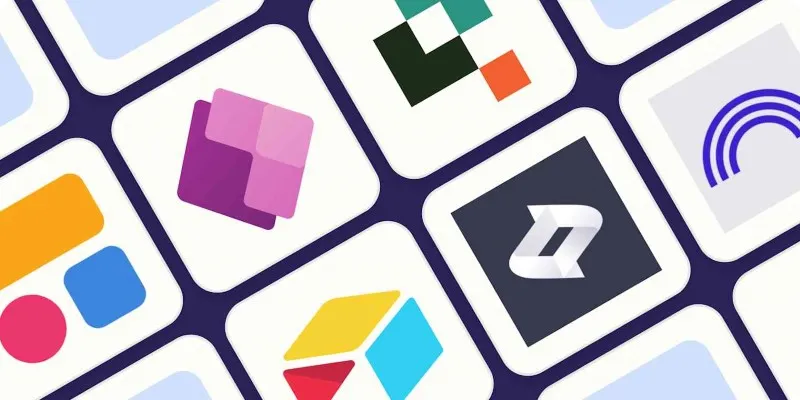
The 6 Best AI App Builders in 2025 for Fast, No-Code Development
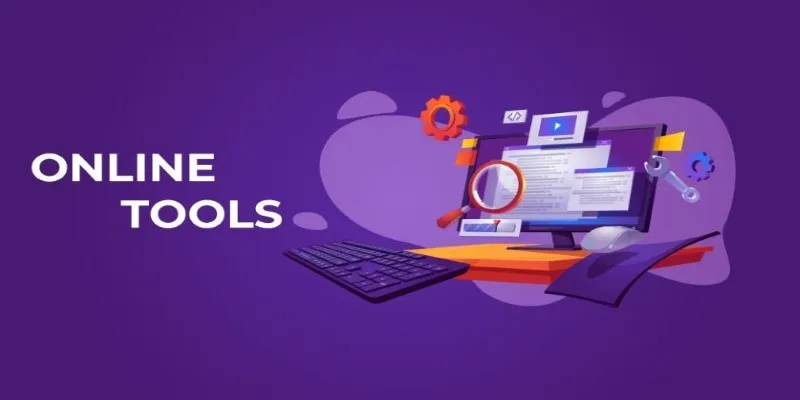
The Power of Online Tools: Definition, Purpose, and Impact

20+ Best Digital Marketing Tools

Which Are The Best Database-Powered App Builders for Seamless Development?

The 13 Best Campaign Management Software Tools to Streamline Your Marketing

The 6 Best AI App Builders in 2025 for Fast, No-Code Development

Top Development Software for Programmers and Coders 2025

Top Batch File Renamers for Linux Users in 2025

The 6 Best Note-Taking Apps in 2025: Stay Organized and Efficient

Best Tools for Playwriting and Script Formatting on Any Device

Top Single-User Wiki Software to Organize Personal Notes Effectively
Popular Articles

1Password Adds Nearby Items Feature for Location-Based Passwords

Top Live Video Mixing Software for Creators
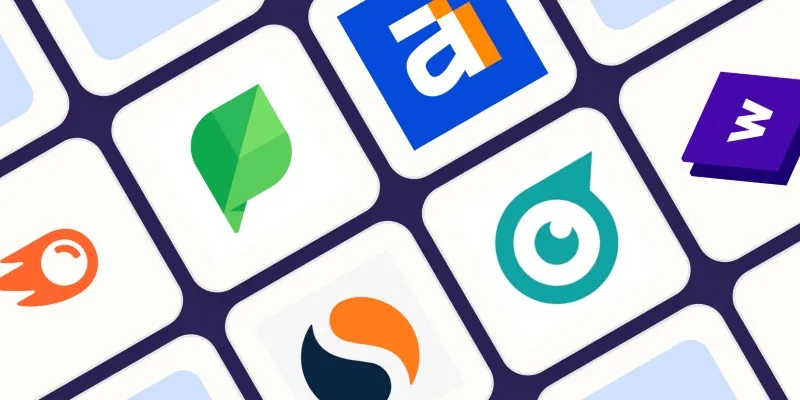
The 10 Best Competitor Analysis Tools in 2025 to Level Up Your Strategy
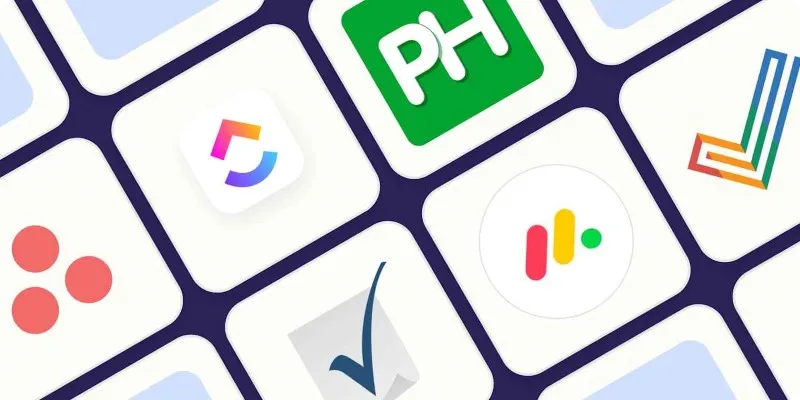
The Best Enterprise Project Management Software in 2025 to Keep Everything on Track
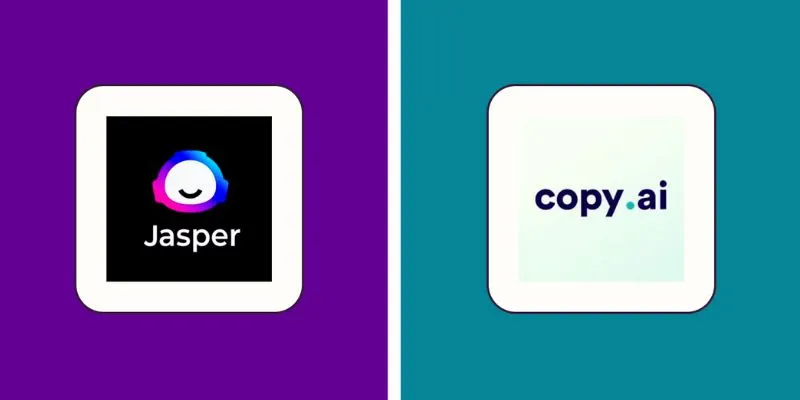
Jasper vs. Copy.ai: A Side-by-Side Comparison to Help You Choose

Eight Apps I Use to Get a Ton of Free Stuff (And You Can Too!)

How to Easily Convert AVI to MOV Using 4 Reliable Tools

Which Is the Best Meeting Scheduler? Microsoft Bookings or Calendly

Top 10 Software for Easy Warehouse Management and Inventory Control
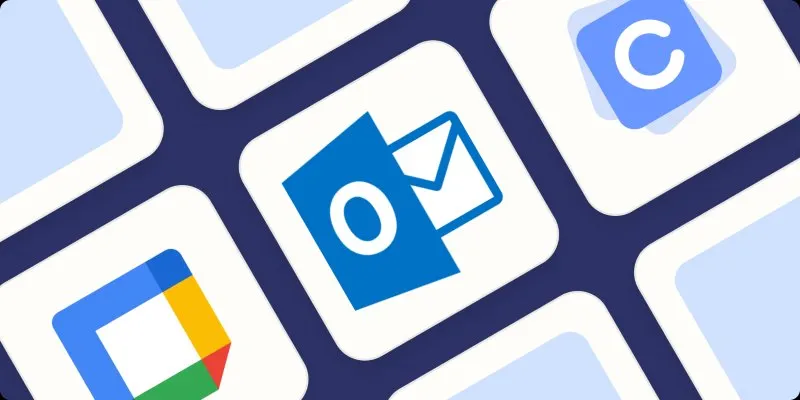
The Best Calendar Apps for Windows in 2025: Stay Organized and On Track
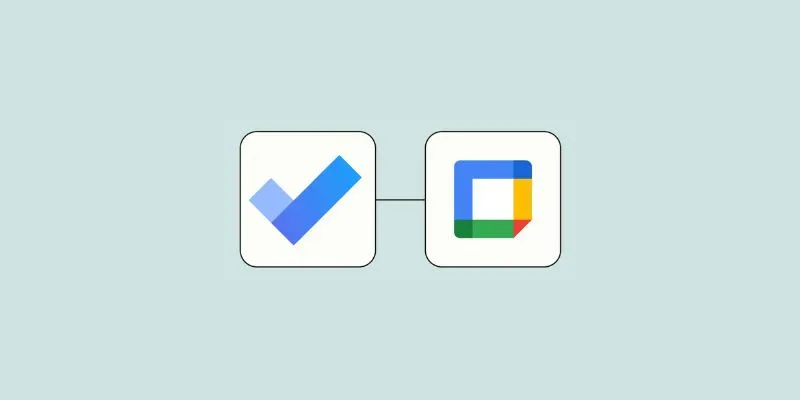
How to Create Google Calendar Events from Microsoft To Do Tasks: A Guide
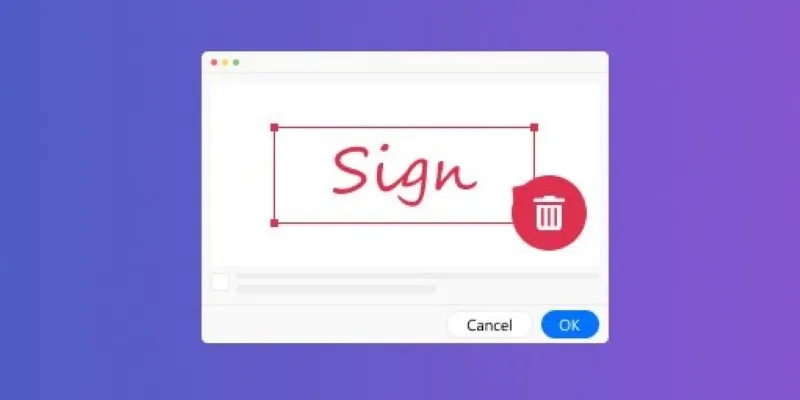
 mww2
mww2